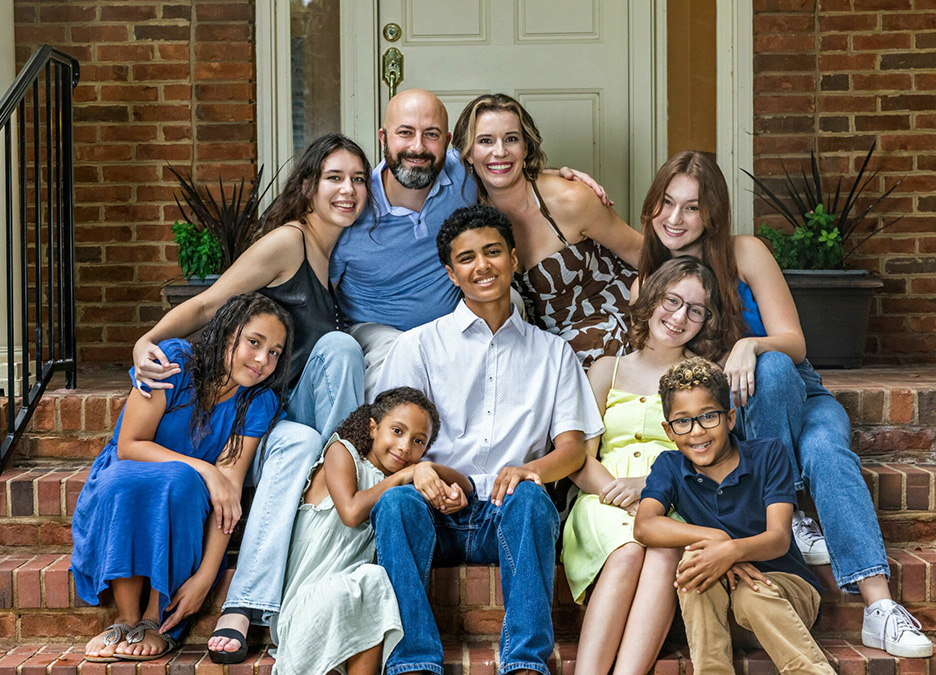Planned Giving
Extend your support of One More Child with a planned gift.
Your giving will ensure vulnerable children and struggling families receive the message of our Savior’s love while having their tangible needs fulfilled. Leave a legacy for future generations to know the hope in Jesus Christ.
One More Child is a nonprofit organization located at
1015 Sikes Boulevard, Lakeland, FL 33815; Federal Tax ID #59-0657326.

“We will tell the coming generation the glorious deeds of the LORD, and His might, and the wonders that He has done.”
Psalms 78:4 (ESV)
Types of Planned Gifts



Charitable Gift Annuity
A Charitable Gift Annuity (CGA) is an income-producing, charitable tool. You make an irrevocable gift of cash or securities to One More Child as arranged by contract. In return, One More Child will make fixed income payments to you for life. At the end of the contract, the remaining amount becomes a legacy gift to support One More Child and its mission. The CGA provides benefits to you. You will receive a partial tax deduction on the gift amount and a portion of the annuity payments. A CGA can provide guaranteed income for your lifetime or the lifetimes of you and a second person. You can select to receive payments annually, bi-annually, or quarterly. Payments, which are based on several factors including the age at the time of funding, are fixed, will never fluctuate, and cannot be outlived. CGAs are a great tool to help you supplement income for retirement and achieve your charitable goals.
Non-Cash Gifts
Gifts of Stock/Mutual Funds – Consider a direct transfer of stock or mutual funds (these assets must have been held by you for at least one year), and reduce your taxes. If you itemize deductions on your tax return instead of taking the standard deduction, a gift of stock or mutual funds may be a great way to eliminate the capital gains taxes you would incur. As a result of a direct transfer of these assets, you can claim a fair market value charitable deduction for the tax year. Talk to your broker or financial adviser about this simple and effective transfer.
IRA Distribution – An annual mandatory IRA Distribution from a traditional IRA normally incurs taxes as the account holder did not pay taxes on the money at the onset of the IRA. If you are 70 ½ or older and want to contribute your annual distribution to One More Child, you can donate up to $100,000 tax free. This tax deduction effectively lowers your Adjusted Gross Income for tax preparation purposes.
Real Estate – Give the gift of real estate by leaving your home or other types of property to One More Child following your passing. We will use the proceeds of the sale of the home or property to serve the vulnerable. As this transaction of property must be stated in your will, please consult the attorney overseeing your estate plans.
Bequest
A bequest is the act of leaving funds and/or property to a person or non-profit organization through your will. An inheritance describes the funds and/or property itself, as well as the rights an individual or non-profit organization have to the funds and/or property after your passing. If you choose to include One More Child in your will, please seek the advice of the attorney overseeing your estate plans.
Please use the following for legal documentation: “One More Child, a nonprofit organization located at 1015 Sikes Boulevard, Lakeland, FL 33815; Federal Tax ID # 59-0657326, to be used for One More Child’s general use and purpose.


